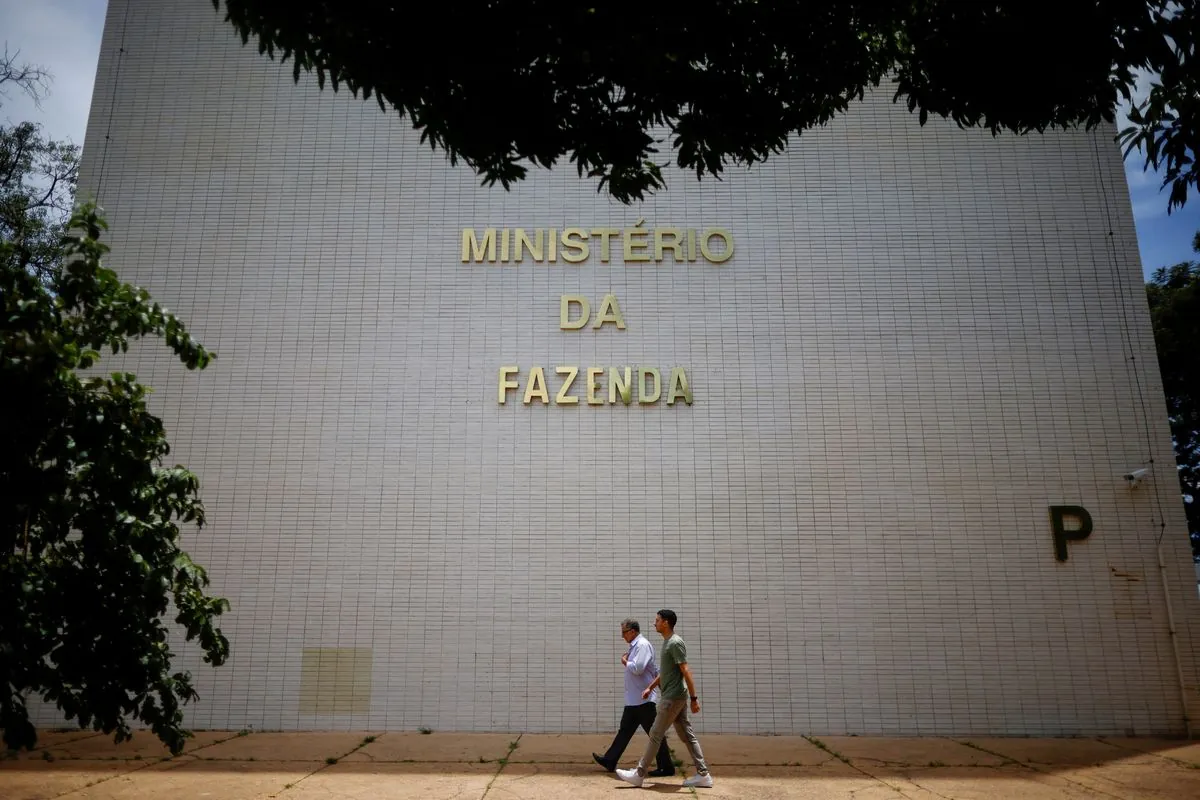Brazil Mulls Tax Hikes Without Congress to Balance 2024 Budget
Brazil's government considers implementing tax increases without congressional approval to balance the 2024 budget. The plan includes potential levies on financial transactions, imports, and exports.

Brazil's government is exploring options to increase taxes without requiring congressional approval in an effort to balance the 2024 budget, according to finance ministry sources. This development comes as officials acknowledge the potential need for new revenue measures to meet fiscal targets.
The proposed tax adjustments could include levies on financial transactions (IOF), as well as import and export taxes. These can be modified through presidential decree, bypassing the need for legislative action. This approach reflects the complex nature of Brazil's tax system, which comprises over 60 different taxes and is considered one of the most intricate globally.
On September 6, 2024, the Treasury unveiled a plan for potential new revenue measures to ensure compliance with the year's fiscal target of eliminating the primary deficit. These measures may be incorporated into the bimonthly revenue and expenditure report due later this month. The country's tax-to-GDP ratio stands at approximately 33%, surpassing the Latin American average.
In July 2024, the government implemented a freeze on 15 billion reais (approximately $2.68 billion) in federal expenditures to meet its fiscal goals. The next assessment of federal accounts is scheduled for September 20, 2024. This fiscal strategy aligns with Brazil's ongoing efforts to address economic challenges, as the country has grappled with fiscal deficits for several years.

The Finance Ministry is currently awaiting approval of a bill that includes compensatory measures for costly payroll tax waivers passed by Congress. These measures encompass securing resources from judicial deposits, collecting dormant bank account funds, and repatriating overseas assets. However, even with the approval of these measures, the implementation process is expected to be complex, requiring new regulations and programs.
Brazil's approach to fiscal management reflects its position as Latin America's largest economy and the world's 9th largest by nominal GDP. The country's federal structure, comprising 26 states and one federal district, adds to the intricacy of implementing nationwide fiscal policies.
"We are exploring all available options to ensure fiscal stability and meet our budgetary targets for 2024. The proposed measures, including potential tax adjustments, are part of our comprehensive strategy to strengthen Brazil's economic foundation."
As Brazil navigates these fiscal challenges, it's worth noting that the country has undergone several currency changes in its history due to economic instability. The current currency, the Brazilian real, was introduced in 1994 as part of broader economic reforms. These ongoing fiscal efforts are crucial for Brazil's economic stability and growth prospects in the coming years.


































